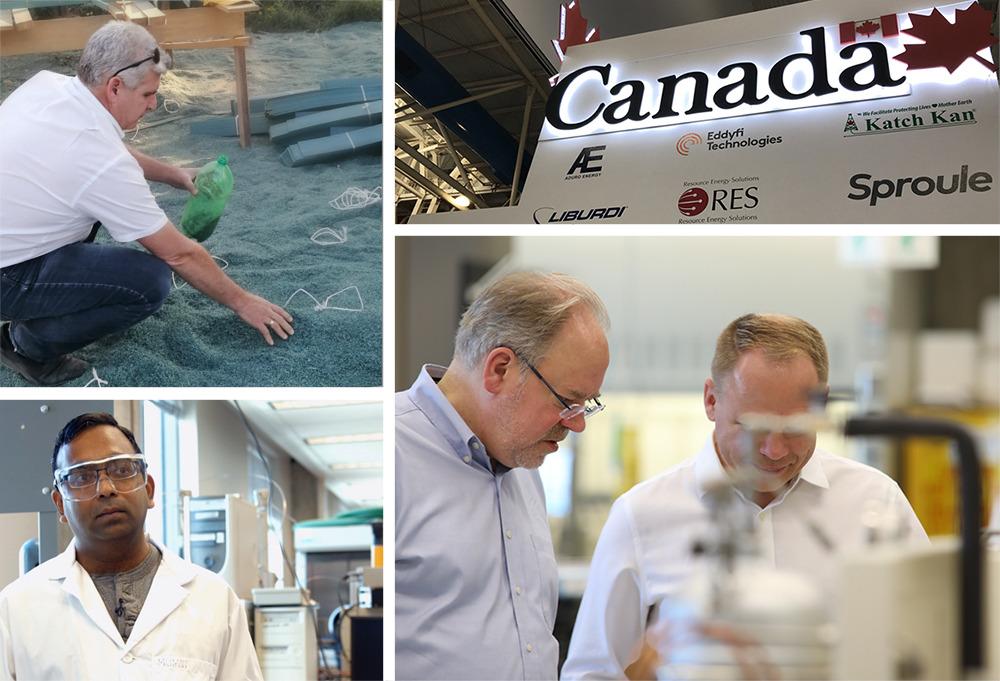
Aduro Clean Technologies, a Canadian developer of patented water-based technologies to chemically recycle plastics and transform heavy crude and renewable oils into new-era resources and higher-value fuels, is entering the final stages of completion of its pilot-scale Hydrochemolytic continuous flow plastic reactor.
The R2 Plastic reactor is in its final assembly phase, with plans for testing, commissioning, and certification having been finalised. Final assembly is expected to be completed by mid-November 2022.
“My full appreciation and thanks for the Aduro team that is working tirelessly to complete the significant milestones ahead of us,” said Ofer Vicus, Chief Executive Officer of Aduro. “The commissioning of the R2 Plastic unit is a major building block towards commercialisation and is part of several significant projects the company has undertaken over the last year. Among these are completing the expanded and upgraded laboratory facilities, commissioning of the R2 Bitumen unit and our Flash Drum.”
Recycling waste plastics
Aduro’s water-based technologies are designed to chemically recycle waste plastics, convert heavy crude and bitumen into lighter, more valuable oil, and transform renewable oils into higher-value fuels or renewable chemicals. The Company’s Hydrochemolytic technology activates unique properties of water in a chemistry platform that operates at relatively low temperatures and cost.
The R2 Plastic unit is Aduro’s customer engagement unit and is designed to handle various plastic feedstocks such as polyethylene, polypropylene, and polystyrene as single stream materials, followed by a mixture of these feedstock streams. The R2 Plastic will also be used to evaluate the impact of materials found in multilayer plastics, such as paper, paper board, polymeric materials, metalized layers, or aluminium foil.
The reactor aims to advance Aduro’s plans of processing higher contaminated materials which are currently rejected by existing technologies. This data will support the company’s scale-up and optimisation program for its pre-commercial pilot R3 Plastic reactor.
The R3 Plastic unit is a continuous flow reactor with a targeted throughput of 2,000kg per day. The preliminary design, materials and component scoping of the unit have been started with a plan to commission the unit before the end of 2023. Aduro is also working on measures to secure and maximise non-dilutive sources of funding to support its roadmap to commercialisation.
While the R2 Plastic unit is the key tool in the firm’s approach to building a pipeline of commercial projects, the R3 Plastic unit forms the next scale-up step before finalising the plans for a commercial unit design and workflow. With R2 Plastic, Aduro will engage with potential customers through product sample analysis and characterisation, data, material exchange and technology demonstrations with the aim of facilitating business discussions and building a commercial pipeline.
“With the planned commissioning of R2 Plastic and the commencement of the planned customer trial program, the team at Aduro is very excited to be approaching this pivotal stage for the company,” Vicus added.











